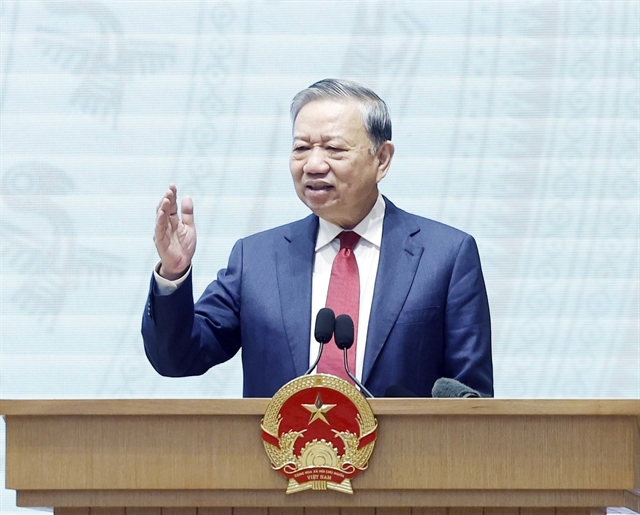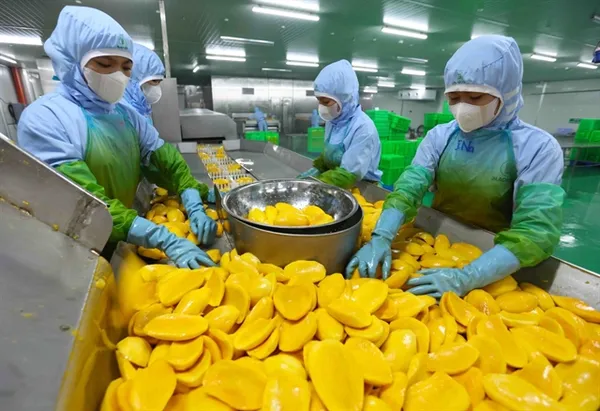 Environment
Environment

 |
| Việt Nam plans cut emissions by 11.2 million tonnes of CO2 equivalent by 2045. - Photo courtesy of baochinhphu.vn |
HÀ NỘI - Việt Nam will promote the transition to technologies that utilise substances with low or zero global warming potential, and roll out sustainable cooling solutions to cut emissions by 11.2 million tonnes of CO2 equivalent by 2045 under a national plan on the management and elimination of ozone-depleting substances signed by Deputy Prime Minister Trần Hồng Hà on June 11.
Ozone depleting substances (ODS) include chlorofluorocarbons (CFCs), hydrochlorofluorocarbons (HCFCs), halons, methyl bromide, carbon tetrachloride, hydrobromofluorocarbons, chlorobromomethane, and methyl chloroform.
The plan aims at effectively managing and gradually eliminating the substances in line with the Montreal Protocol.
Accordingly, the country will honour the commitment on being free of products that contain or are made from bromochloromethane, carbon tetrachloride (CTC), CFC, Halon, HBFC, methyl chloroform, HCFC 141b, and will not import other HCFCs from 2040.
As planned, it will cut the consumption of HFCs, and phase down the substance’s consumption to 20% from 2045.
Furthermore, the controlled substances will be collected, kept, transported and recycled in accordance with technical requirements. Meanwhile, mechanisms on carbon credit generation from recycling and treatment of the substances will be popularised.
Regarding sustainable cooling solutions, they should be integrated into the national- and provincial- levels urban area development programmes, action plans in response to climate change, and relevant planning.
An array of missions and solutions were sketched out to complete the set targets, comprising building and completion of mechanisms and policies, improvement of human resources quality, promotion of scientific research, development of technologies, and enhancement of bilateral and multilateral cooperation in the field. - VNS




